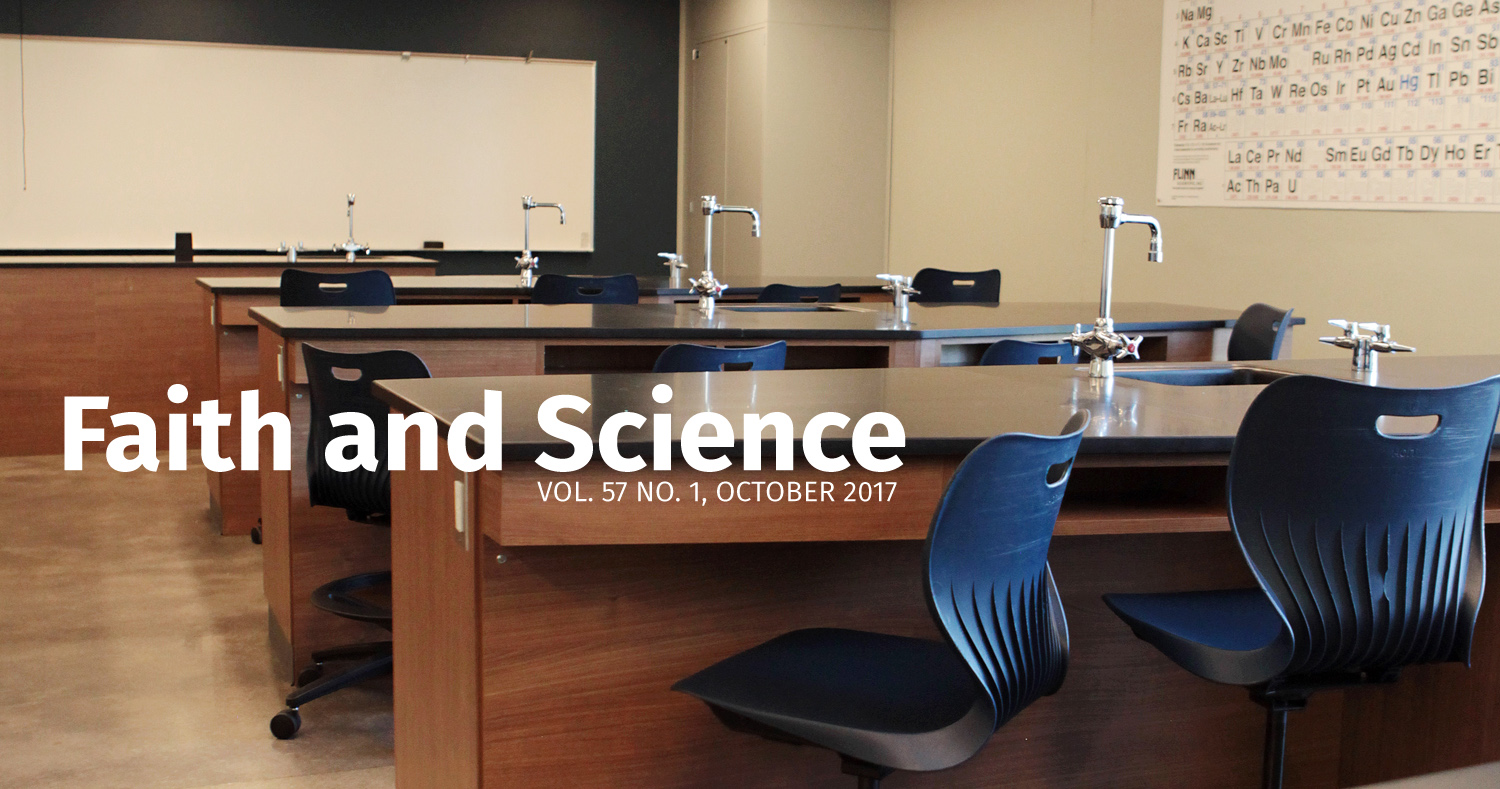I am a product of Christian education from kindergarten through college. I loved my education and am grateful for how it shaped my knowledge and worldview. When I began teaching in a Christian school straight out of college, however, it “got real, real quick.”
Being responsible for helping students to see God in every subject and to think Christianly about various subjects requires more thought, reflection, and attention to detail now than it did when I was on the receiving end of that relationship. To do so with excellent teaching practices is even more difficult. Seventeen years later, I still strive toward that goal though I realize that it may never be fully attainable when we consider the continual changes in educational philosophies, student culture, and even theology.
To further complicate the matter, my own three children are all Christian school students. While I cherish and value the education my parents paid for and love being part of it as my vocation, paying for it myself adds a layer of motivation to make Christian education unique, excellent, and formational.
In 2011, I learned that a group was developing faith-based curriculum at the intersection of science and faith that employed Christian teaching practices. The group wanted to develop units ranging from community in the chemistry lab to looking at DNA in the biology classroom to biblical, theological, and technological issues that arise across many subjects—and to do so in a hopeful, not fearful, manner. To top it off, the curriculum would be freely available online. This greatly appealed to me, a science teacher with a limited budget, and reminded me of Kenny Bania’s line on Seinfeld: “That’s gold, Jerry—gold!” I applied and was accepted to the curriculum development team, which would eventually be called the FAST (Faith and Science Teaching) project.
A Cross-Curricular Approach
A cross-curricular approach benefits schools, teachers, and students in many ways. Providing opportunities for teacher collaboration is key. Such an approach fosters deep student engagement, enriches the context of a particular theme, and makes content more relevant while helping students learn to transfer knowledge from one subject area to another. Cross-curricular work can address problems in education such as fragmentation and isolated skill instruction.
In Christian schools, a cross-curricular approach becomes essential as we preach and practice biblical themes in class: stewardship, wisdom, compassion, forgiveness, justice, redemption, and renewal, to name just a few. We aren’t simply schools that tack on a Bible class. A cross-curricular approach centered around Christian practices and virtues reinforces an understanding of this for students and parents alike. This type of approach provides students with opportunities to see how their faith practices and formation are necessary and useful in every subject as well as in any situation they find themselves in.
Nate Adema has a BS in biology from Calvin College. He teaches biology, physiology, media discernment, and advanced algebra.
